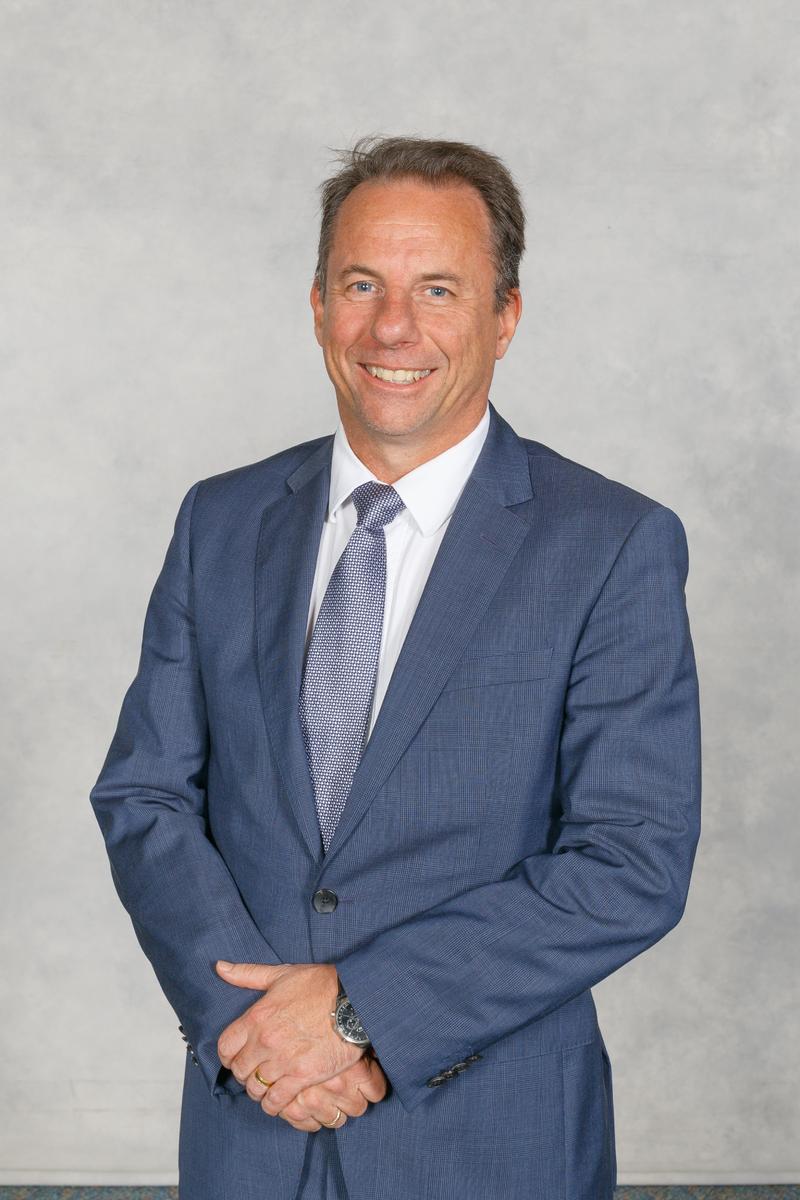From the Principal

The World Day of Social Communications falls this year on 21 May. This year's theme connects with that of 2022, titled ‘Listen with the ear of the heart’ and complements last week’s Newsletter discussion about the opportunity to run against what can appear to be the cultural tide and continue to work hard at ‘seeing with the heart’, or, as suggested last week, continuing to always be striving to Seek Justice!
In his yearly message for The World Day of Social Communications, Pope Francis explores the recent developments in artificial intelligence, positioning them in their deeper context of human communication. Pope Francis insists that artificial intelligence must be seen primarily as a human and not merely a technological innovation and, as such, the ‘wisdom of the heart’ must be part of the discernment of its true value. Human intelligence is of course far more than the collection and correlation of data and the solving of technical problems.
Given that artificial intelligence is such a large step in the growth of human technology, similarly, significant growth in our ability to ‘listen with the ear of the heart’ will be required to truly benefit from advancements in the same intelligence.
As many will have read in a previous Newsletter during Term 1, The World Economic Forum White Paper, Defining Education 4.0: A Taxonomy for the Future of Learning, identifies problem-solving, collaboration and adaptability as three essential skills in need of development for students to thrive in our rapidly changing world. Key attitudes and values needed to prepare young students for the Fourth Industrial Revolution include grit (resilience in the face of adversity), a growth mindset (where setbacks are interpreted as 'not yet' rather than failure) and initiative (the willingness to take on responsibilities and challenges).
The Fourth Industrial Revolution is characterised by a fusion of technologies that is blurring the lines between the physical, digital, and biological spheres and without the associated growth of ‘humanity’ the risk of growing societal inequality is very real.
Seen from that perspective, the development of artificial intelligence presents risks of diminishing human life and opportunities to enhance it. Alternatively, however, artificial intelligence could be used to illuminate our world, clarify our decisions, strengthen our commitment to truth, free us from manipulation, and build relationships based on commitment to the common good.
Given all of this, it is imperative that our students continue to develop as critical thinkers, creatives, communicators and collaborators. Equally important is that our students do so well informed by our College values and search for justice, thereby compelling their advocacy for equality, their need to listen to the voices of the marginalised and their active work towards dismantling structures that perpetuate discrimination and disadvantage.
Lastly, congratulations are extended to our Senior Ethics Team for their gold medal performance at the recent Australasian Ethics Olympiad and we look forward to following their performance in the international final during Term 3. With critical thinkers of the calibre of those who make up this team, it augurs well for the future.
Daniel Mahon
Principal

